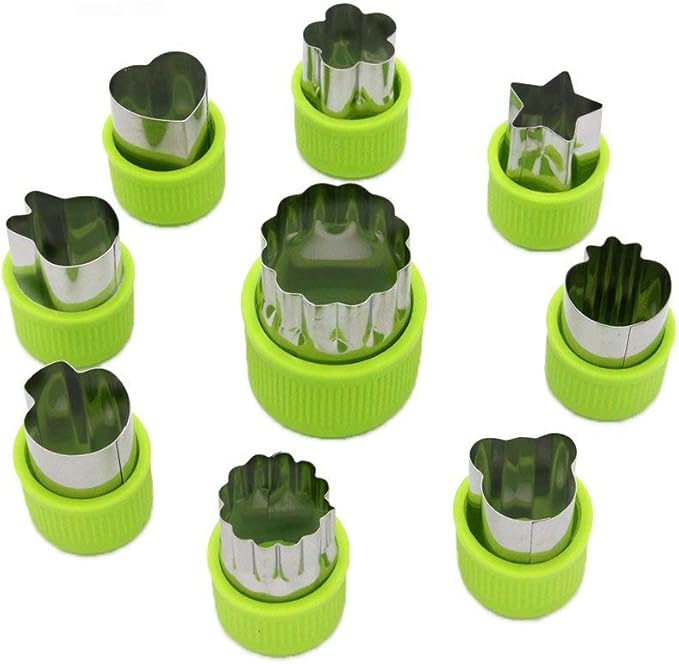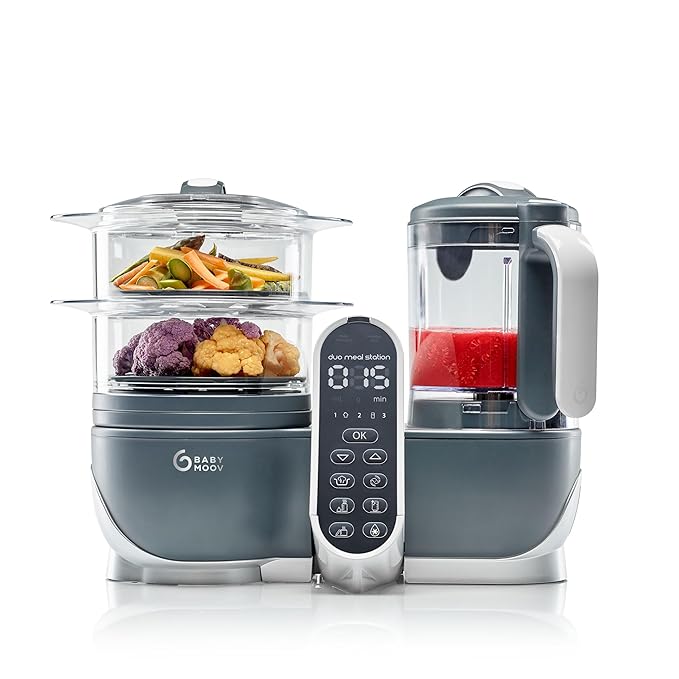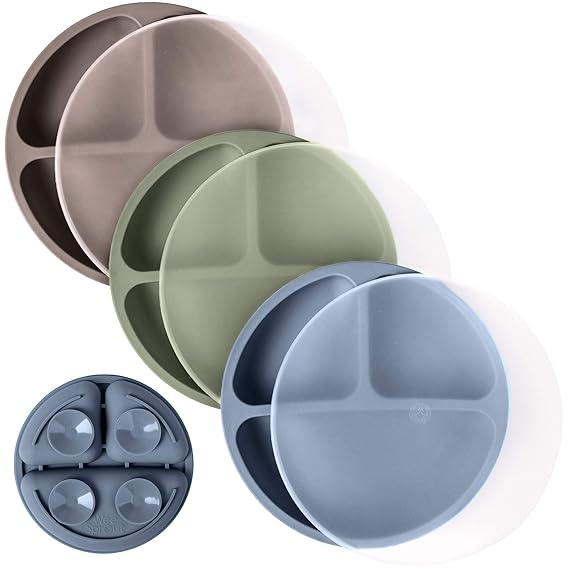Dealing with a fussy eater can be challenging for parents. Still, there are several strategies you can employ to encourage healthy eating habits in your baby. Here are some practical ways to help your fussy baby eat better.
Other Topics You Might Like
Helpful Products You Might Like

LENK Vegetable Cutter Shapes Set

Babymoov Duo Meal Station Grey

WeeSprout Suction Plates with Lids for Babies
"(Paid Links)" 
Create a Routine
A consistent feeding schedule can help regulate your baby’s appetite and reduce fussiness. Regular meal and snack times create predictability, making your baby more willing to eat. Aim for three meals and two snacks daily, and try to serve meals simultaneously each day.

Introduce New Foods Gradually
Introducing new foods to your baby’s diet can be overwhelming. Start with small portions and mix new foods with familiar favorites. Gradually increase the variety of foods as your baby becomes more comfortable with new tastes and textures. Offering a variety of foods can also help prevent picky eating habits from developing.
Make Mealtimes Fun

Making mealtimes enjoyable can encourage your baby to eat more willingly. Use colorful plates, fun utensils, and creative presentations to make the food visually appealing. Involve your baby in meal preparation by letting them choose between options or helping with simple tasks like stirring. Making mealtime a positive experience can help reduce fussiness.
Be Patient and Persistent
It’s normal for babies to be hesitant about new foods. If your baby refuses a particular food, don’t give up immediately. It may take several attempts before they accept a new taste or texture. Keep offering the food without pressuring your baby; they may eventually come around.
Offer a Variety of Textures
Babies can be sensitive to different textures. Offer a range of textures, including purees, mashed foods, and small, soft pieces. Experimenting with different textures can help you find your baby's preference and make them more open to new foods.
Avoid Distractions
Minimize distractions during mealtimes to help your baby focus on eating. Turn off the TV, put away toys, and create a calm eating environment. Encouraging your baby to pay attention to their meal can help them become more engaged with eating.

Encourage Self-Feeding
Allowing your baby to feed themselves can make mealtimes more enjoyable. Provide finger foods or let them use a spoon. Self-feeding helps develop fine motor skills and can make your baby more interested in eating.
Stay Positive
Your attitude toward mealtimes can influence your baby’s eating habits. Stay positive and encouraging, even if your baby is being fussy. Avoid showing frustration or pressure, as this can create negative associations with eating.
Conclusion
Getting a fussy baby to eat can be challenging, but with patience and persistence, you can help them develop healthy eating habits. Establishing a routine, gradually introducing new foods, and making mealtimes fun are vital strategies. Creating a positive mealtime environment and being patient can encourage your baby to eat more willingly and develop a balanced diet.
